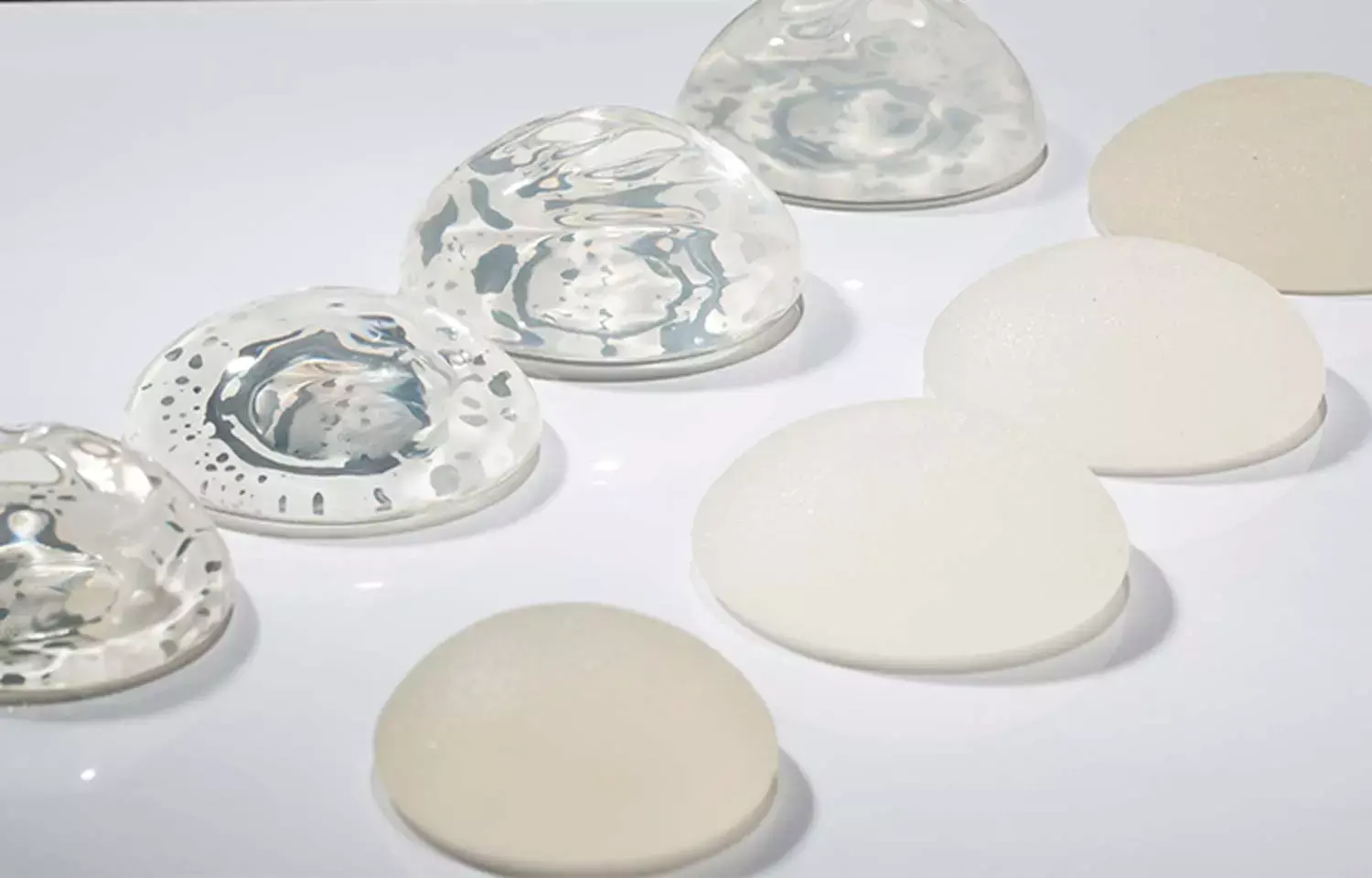- Home
- Medical news & Guidelines
- Anesthesiology
- Cardiology and CTVS
- Critical Care
- Dentistry
- Dermatology
- Diabetes and Endocrinology
- ENT
- Gastroenterology
- Medicine
- Nephrology
- Neurology
- Obstretics-Gynaecology
- Oncology
- Ophthalmology
- Orthopaedics
- Pediatrics-Neonatology
- Psychiatry
- Pulmonology
- Radiology
- Surgery
- Urology
- Laboratory Medicine
- Diet
- Nursing
- Paramedical
- Physiotherapy
- Health news
- Fact Check
- Bone Health Fact Check
- Brain Health Fact Check
- Cancer Related Fact Check
- Child Care Fact Check
- Dental and oral health fact check
- Diabetes and metabolic health fact check
- Diet and Nutrition Fact Check
- Eye and ENT Care Fact Check
- Fitness fact check
- Gut health fact check
- Heart health fact check
- Kidney health fact check
- Medical education fact check
- Men's health fact check
- Respiratory fact check
- Skin and hair care fact check
- Vaccine and Immunization fact check
- Women's health fact check
- AYUSH
- State News
- Andaman and Nicobar Islands
- Andhra Pradesh
- Arunachal Pradesh
- Assam
- Bihar
- Chandigarh
- Chattisgarh
- Dadra and Nagar Haveli
- Daman and Diu
- Delhi
- Goa
- Gujarat
- Haryana
- Himachal Pradesh
- Jammu & Kashmir
- Jharkhand
- Karnataka
- Kerala
- Ladakh
- Lakshadweep
- Madhya Pradesh
- Maharashtra
- Manipur
- Meghalaya
- Mizoram
- Nagaland
- Odisha
- Puducherry
- Punjab
- Rajasthan
- Sikkim
- Tamil Nadu
- Telangana
- Tripura
- Uttar Pradesh
- Uttrakhand
- West Bengal
- Medical Education
- Industry
Textured breast implants for reconstruction may increase breast cancer recurrence: JAMA

Seoul, South Korea: The use of texture implants versus smooth implants after mastectomy for breast reconstruction appears to be associated with breast cancer recurrence, a recent study in the journal JAMA Surgery has found.
Several concerns have been raised about the additional unexpected adverse effects of textured implants from the time studies have found a potential association between breast implant-related anaplastic large cell lymphoma (BIA-ALCL) and implant texture. In addition to the risk of BIA-ALCL development, breast cancer survivors also worry about whether the type of inserted implant increases the risk of cancer recurrence. A little evidence currently exists on the same.
Kyeong-Tae Lee, Sungkyunkwan University School of Medicine, Seoul, South Korea, and colleagues evaluated how the surface type of implants used for reconstruction affects the oncologic outcomes of breast cancer. Also, they identified the independent factors associated with the recurrence and survival of breast cancer including implant surface type.
The study was conducted at Samsung Medical Center in Seoul, South Korea. It included 650 patients (all women, with a mean [SD] age of 43.5 [7.4] years), representing 687 cases, recruited from a prospectively maintained database. Of the 687 cases, 274 (39.9%) received a smooth implant and 413 (60.1%) received a textured implant. They were followed up for at least 2 years after the insertion of the implant. Data analysis was performed from February 15, 2020, to March 5, 2020.
The main outcomes of interest were local and regional recurrence-free survival (LRRFS) and disease-free survival (DFS) rates. Cumulative incidence of oncologic events in the smooth implant and textured implant groups and their respective hazard ratios (HRs) were collected and updated regularly.
Key findings of the study include:
- Patients in these 2 surface texture groups had similar characteristics, including tumor staging (stage I: 37.2% vs 41.9%; stage II: 33.9% vs 28.8%; stage III: 5.1% vs 20 4.8%) and rates of adjuvant radiotherapy (15.3% vs 11.9%) and chemotherapy (41.2% vs 41.4%).
- The 5-year LRRFS was 96.7%, and the 5-year DFS was 95.2%.
- Compared with the use of a smooth implant, textured implant use was statistically significantly associated with lower DFS, and this difference remained significant after adjusting for estrogen receptor (ER) status and tumor stage (HR, 3.054).
- Similar statistically significant associations were observed on multivariable analysis of patients with ER-positive cancer (HR, 3.130) and those with invasive cancer (HR, 3.044).
- The association of textured implant use with recurrence (lower DFS) was more prominent in cases with late-stage (stage II or III) tumor (HR, 8.874).
- The LRRFS did not differ statistically significantly according to implant surface texture.
"The findings of this study suggest an association between the use of a textured implant in reconstruction and increased risk of breast cancer relapse, warranting the need for further investigation," concluded the authors.
The study, "Association of the Implant Surface Texture Used in Reconstruction With Breast Cancer Recurrence," is published in the journal JAMA Surgery.
DOI: https://jamanetwork.com/journals/jamasurgery/article-abstract/2771054
Dr Kamal Kant Kohli-MBBS, DTCD- a chest specialist with more than 30 years of practice and a flair for writing clinical articles, Dr Kamal Kant Kohli joined Medical Dialogues as a Chief Editor of Medical News. Besides writing articles, as an editor, he proofreads and verifies all the medical content published on Medical Dialogues including those coming from journals, studies,medical conferences,guidelines etc. Email: drkohli@medicaldialogues.in. Contact no. 011-43720751


